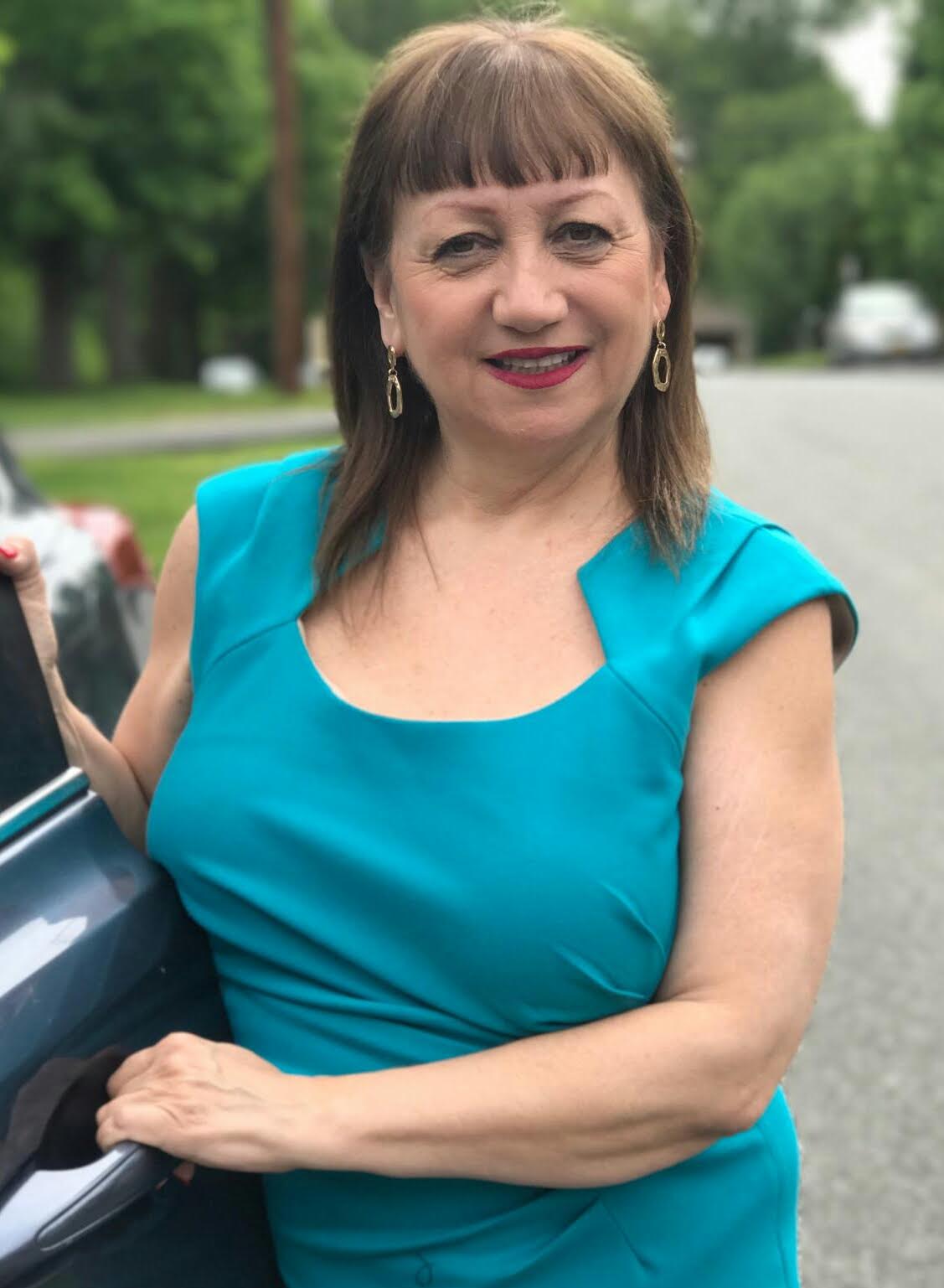BY JANIE ROSMAN
 “Safety first” is and has been Rockland County senior citizen advocate Darlene Dorrney’s mantra. Raising two children, William and Shannon, and allowing them to participate in activities that built their confidence, she had zero tolerance for activities that were unsafe.
“Safety first” is and has been Rockland County senior citizen advocate Darlene Dorrney’s mantra. Raising two children, William and Shannon, and allowing them to participate in activities that built their confidence, she had zero tolerance for activities that were unsafe.
Both children became lifeguards in Clarkstown, ensuring swimmers’ safety. William became an Eagle Scout and works in the U.S. Department of Defense protecting his country. Shannon works for Standard and Poor’s.
Active with the Rockland County Village Community (RCVC), which advocates for assisting seniors to stay in their homes for as long as possible, the Chestnut Ridge resident Dorney is an executive board member of the Rockland County AARP. She was previously on Hudson Valley Talk Radio Show and taught senior safety at Long Island University.
“As an active member of RCVC, Darlene has given our group so much key information on important issues,” said Jim Evers, founder of Grassroots Community Service Projects. “She’s like a sponge for soaking up senior housing information, issues and options. As a person, she’s very people oriented and has wonderful rapport with seniors.”
A realtor for Better Homes and Gardens Rand Realty, Dorney’s 2005 accreditation as a Senior Real Estate Specialist® means she helps seniors plan safe living arrangements or find an elder law attorney or an estate planner.
For the past several years, Dorney attempted to bring more senior housing into Rockland by advocating to several county legislators for land in the areas of North Rockland/Clarkstown/Orangetown owned by either the town or the state. Another option for seniors is prefabricated housing near their families.
Updates she receives from the Rockland County Office for the Aging reveal an approximate four-year wait list for affordable housing.
“We do not have a Continuing Care Retirement Community (CCRC) in place whereby a senior can start out 100 percent independent and possibly move to assisted living and/or nursing care if needed without needing to leave the community,” she said. “Change is hard, so let’s minimize the angst.”
Dorney feels accommodations can be made to help seniors remain their safest, like moving the washer and dryer from the basement to the first floor. An increasing number of items on the market can help keep seniors safe, including paints that help with decreasing depth perception for those with macular degeneration or other eye diseases.
While they want to maintain independence, seniors are more prone to falling as they age. According to a 2016 report by the Centers for Disease Control and Prevention, 29 million home falls causing 7 million injuries in 2014 cost Medicare an estimated $31 billion that year.
“The problem is seniors may not know of the safety items available to them, and if they do know about them, they’re still in the mind frame they don’t need them,” Dorney said. Sometimes parents will listen to an outsider more readily than to their children because it’s difficult for a parent to take on a child’s role (such as taking instructions).
For seniors with arthritis or any type of pain or heart disease, walk-in tubs with hydraulic water can provide relief without worry of slipping as with a regular bathtub. “They’ll say, ‘I can’t pay $20,000 for this,’” she said. “There is grant money available, yet when someone says he or she can’t afford it, can they afford not to have it?”
Another suggestion for seniors is a medical pharmaceutical box that alerts seniors and/or their caregivers when it’s time to take their medicine or pills. “I don’t want to generalize since some seniors are alert and don’t need to be reminded; however, this pill box helps keep them organized.”
“Most important is the medi-alert system that can be worn on a wrist or around the neck,” Dorney explained. “When the person is in trouble, he or she presses a button, and someone speaks to them requesting their plight, and the system disseminates a call to 911. An emergency vehicle rushes to the home where there is a combination box outside with a key to enter.”
“Seniors don’t like change, and they don’t know what to do with their belongings when they downsize or that they got from their parents,” she said. Companies like A to Z Estate and Tag Sales, where she assists, “can help them decide what to keep and what to part with.”
To learn more about keeping yourself or a loved one safe at home, contact Darlene Dorney at 845-598-3188 or email [email protected].
Do you have an unsung hero? Send your idea to editor@rocklandcountytimes.

You must be logged in to post a comment Login